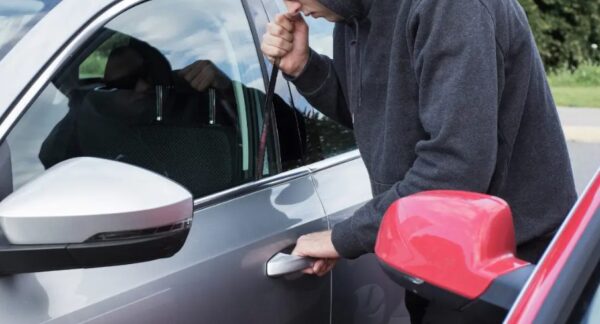More in Lifestyle
-


Lifestyle
Are 5G networks putting our health at risk?
By bukkyLet’s be honest—whenever there’s a new technology, it’s completely natural to ask, “But is this safe?”...
-


Lifestyle
7 things they don’t teach you about job hunting in South Africa
By bukkyNo one really prepares you for what it’s like to job hunt in South Africa. You...
-


Lifestyle
Say goodbye to boring packed lunches with these tasty tips
By bukkyBecause you deserve more than a cold sandwich and regret at noon. Let’s be honest: packed...
-


Lifestyle
10 most mispronounced baby names & why parents still love them
By bukkyChoosing a baby name is personal. For some parents, it’s about meaning. For others, it’s about...
-


Lifestyle
How to stretch your small salary to last throughout the month
By bukkyIt’s the beginning of the month, and as expected, your account is bubbling because you’ve barely...
Advertisement
- Lloyiso announces debut album ‘Never Thought I Could Part 1’
- ‘Professor’ Mlungisi Ngubane marks 70th birthday with star-studded Durban celebration
- Kelvin Momo promises Durban fans he’ll show up for Moses Mabhida one-man show
- Lady Du reopens beauty salon after grieving father’s death
- Cassper Nyovest not convinced he’ll release another album
- Lebo M reportedly marries Nomoya Dube after split from US fiancée Besso
- Cassper Nyovest responds to calls for Lekompo collab: “It’s a bit tooo fast for me”
- Tyla and Chris Brown dating rumours debunked after viral posts spark online frenzy
- Cassper Nyovest accepts Emtee’s apology
- Nandi Mbatha fully dedicates her life to Jesus Christ after years of backsliding





